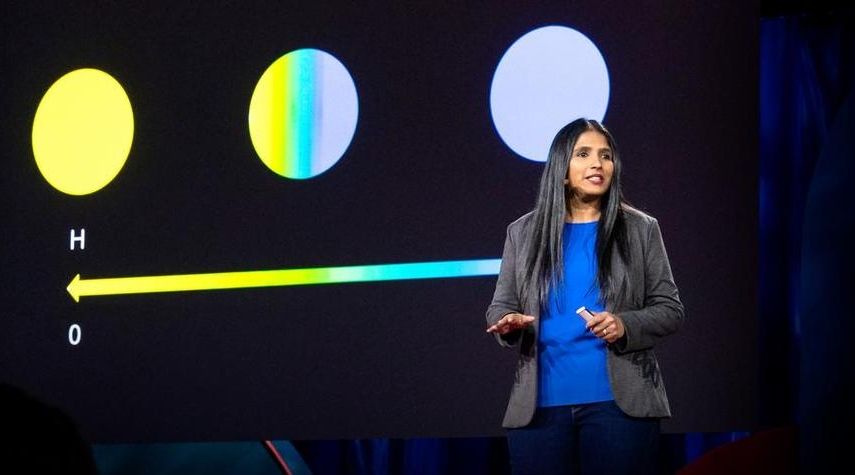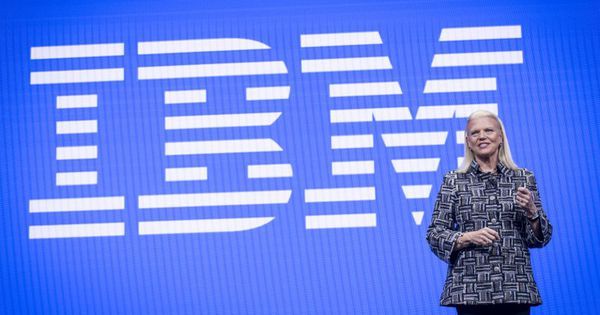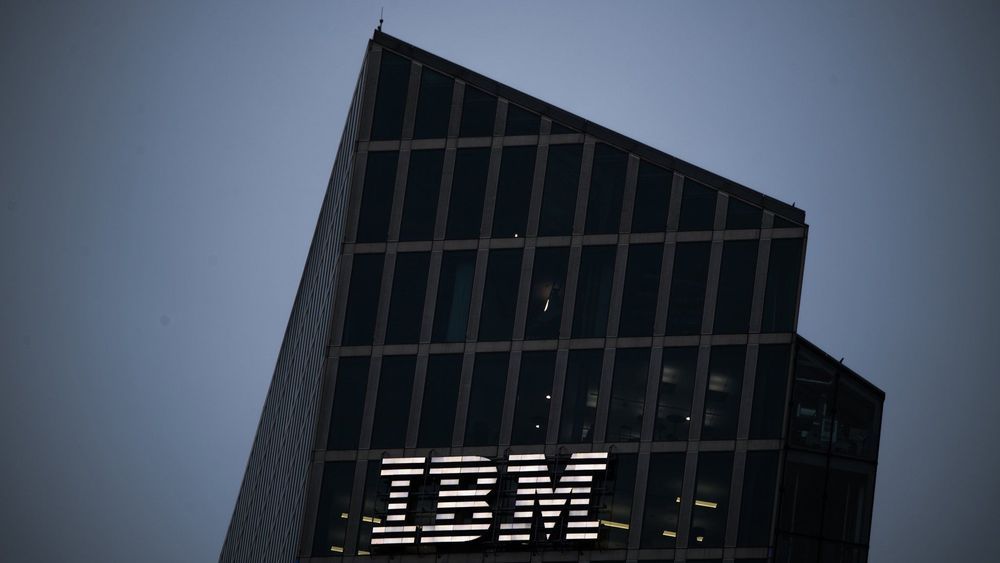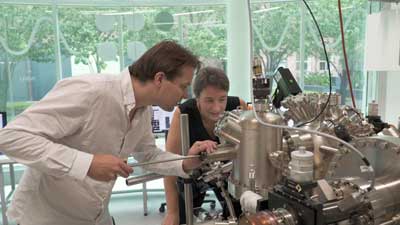While our choices and beliefs don’t often make sense or fit a pattern on a macro level, at a “quantum” level, they can be predicted with surprising accuracy.
The irrationality of how we think has long plagued psychology. When someone asks us how we are, we usually respond with “fine” or “good.” But if someone followed up about a specific event — “How did you feel about the big meeting with your boss today?” — suddenly, we refine our “good” or “fine” responses on a spectrum from awful to excellent.
In less than a few sentences, we can contradict ourselves: We’re “good” but feel awful about how the meeting went. How then could we be “good” overall? Bias, experience, knowledge, and context all consciously and unconsciously form a confluence that drives every decision we make and emotion we express. Human behavior is not easy to anticipate, and probability theory often fails in its predictions of it.
Enter quantum cognition : A team of researchers has determined that while our choices and beliefs don’t often make sense or fit a pattern on a macro level, at a “quantum” level, they can be predicted with surprising accuracy. In quantum physics, examining a particle’s state changes the state of the particle — so too, the “observation effect” influences how we think about the idea we are considering.








